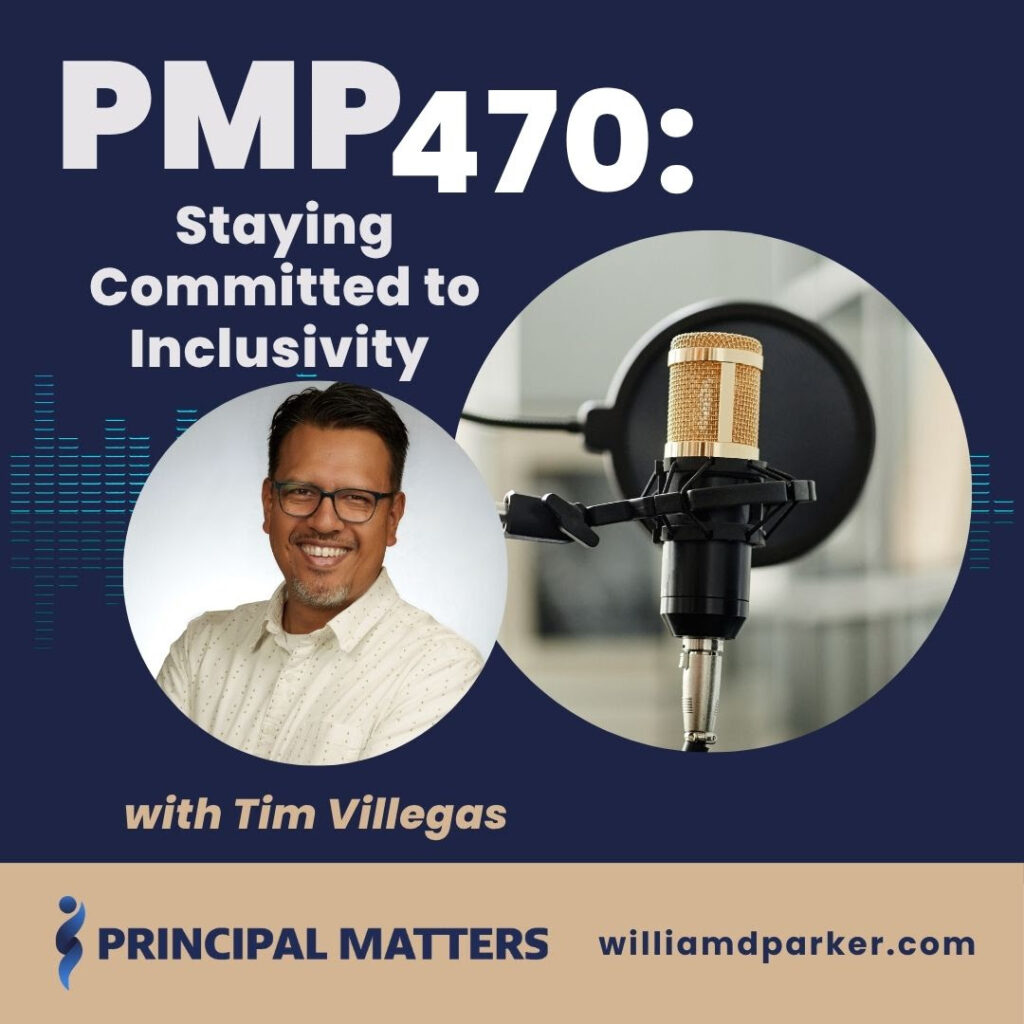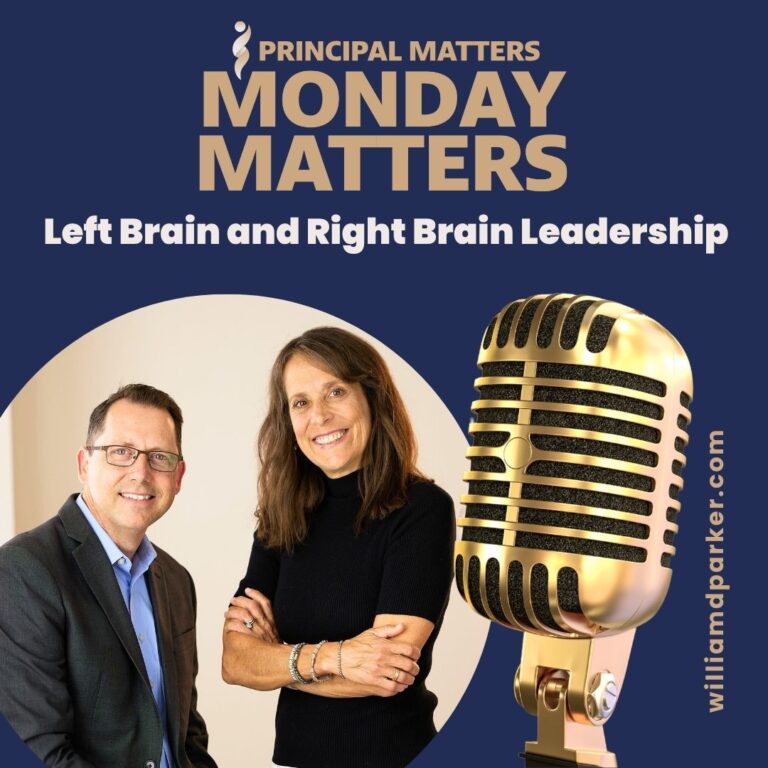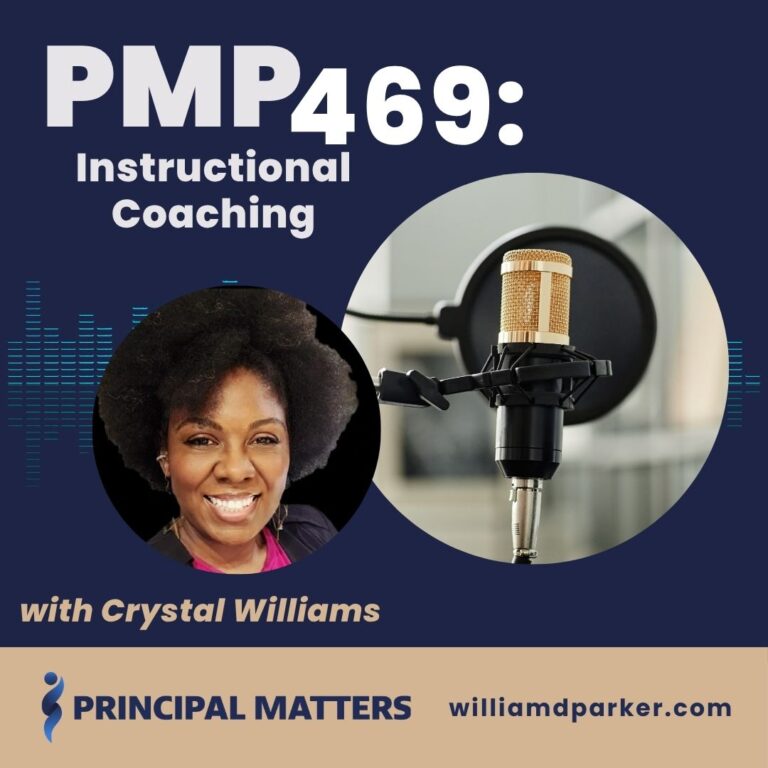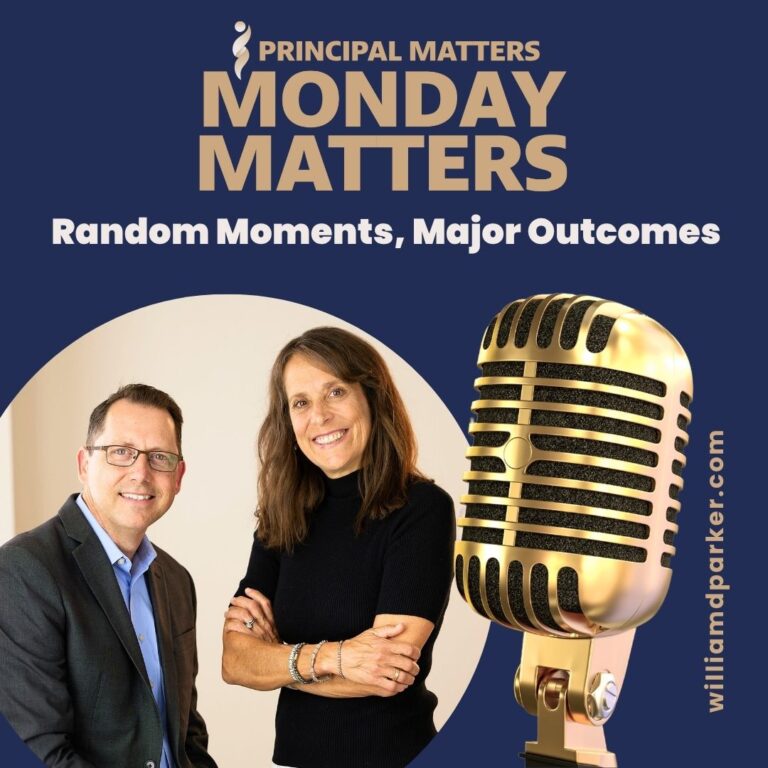Podcast: Play in new window | Download
A Note to Listeners:
Before this week’s interview, Will Parker and Jen Schwanke take some time to answer a listener question. This week’s question is:
What tips do you have for someone transitioning to a support role without specifically defined responsibilities?
Listen in to hear their response!
Meet Tim Villegas:

Tim Villegas is the Director of Communications for the Maryland Coalition for Inclusive Education. He is also the founder of Think Inclusive, which is the blog, podcast, and social media handle of MCIE. He has 16 years of experience in public education as a teacher and district support specialist, and has spent 6 years at MCIE. His focus now is on how media and communications can promote inclusive education for all learners.
Lightbulb Moment:
When Villegas was in college, a professor challenged him to create an inclusion plan for a high needs student. Tim thought the project would not end well. Still, he collaborated with a fifth grade teacher who was planning a topography map lesson. This teacher had a high needs student who loved to cut and tear bits of paper, so Tim and the teacher decided this student would help cut the cardboard out for the topography maps. Because of the advance planning and leaning into the student’s strengths and interests the project went really well. Tim describes this as a lightbulb moment for him in which he realized that it is possible to serve all students, you just need to plan.
Staying Committed to Inclusivity:
Tim offers up a strong argument for why school leaders and teachers should stay committed to inclusivity. Learners deserve to be included in classrooms and experience curriculum just like everyone else. When you have the mindset that everyone belongs, you are going to do whatever it takes to make sure everyone is included. He argues that both curriculum and classrooms should be designed with everyone in mind. Villegas also argues that it is important for special needs students to be placed in general education classrooms in order for them to succeed after graduation. The longer a high needs student is segregated from their peers, the higher the likelihood is that they will have to be separated from their peers outside of school. It is much easier for students to enter society and function if they have spent time among their peers.
Thoughts on RFK Jr.’s Rhetoric:
The post that led to Tim Villegas being a return guest on Principal Matters was one written in response to comments made by Robert F. Kennedy Jr. You can read the post here. In his conversation with Will Parker, Villegas says that Kennedy’s rhetoric is fear based, and parallels the rhetoric of people who say that we shouldn’t include high needs support individuals in general education. Ultimately, the comments by RFK Jr. spread a false narrative around autism. Tim projects that in the near future, we will begin to see more schools that are dedicated specifically to educating learners with autism. He states that he thinks this is a mistake, because it is hard for autistic learners to integrate into a system they do not know when they are done with school. The evidence is clear; students learn best when they learn in natural environments.
Staying Connected:
Listeners can stay connected to Tim Villegas via the MCIE website or by listening to the Think Inclusive podcast.




